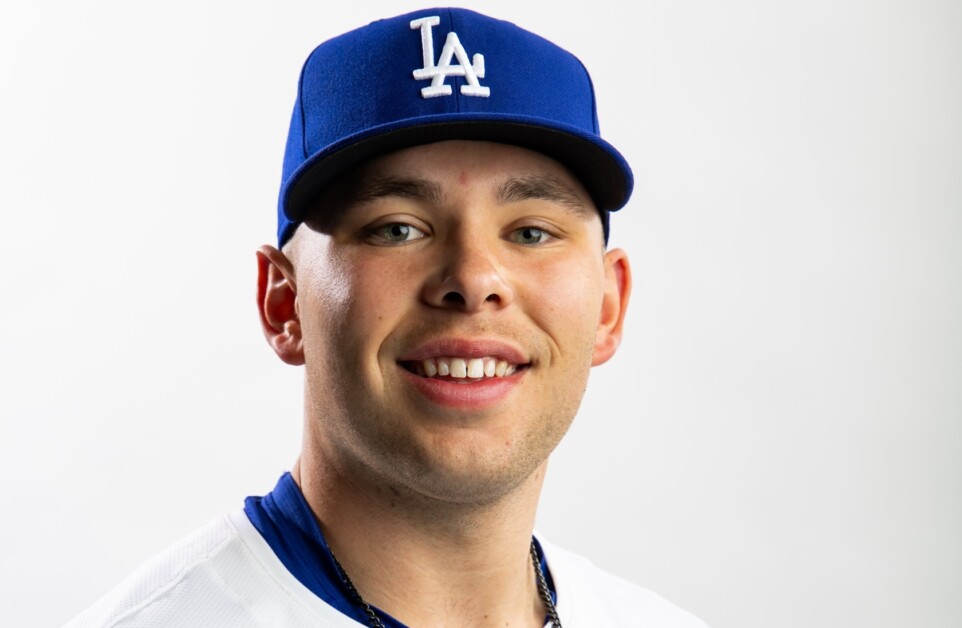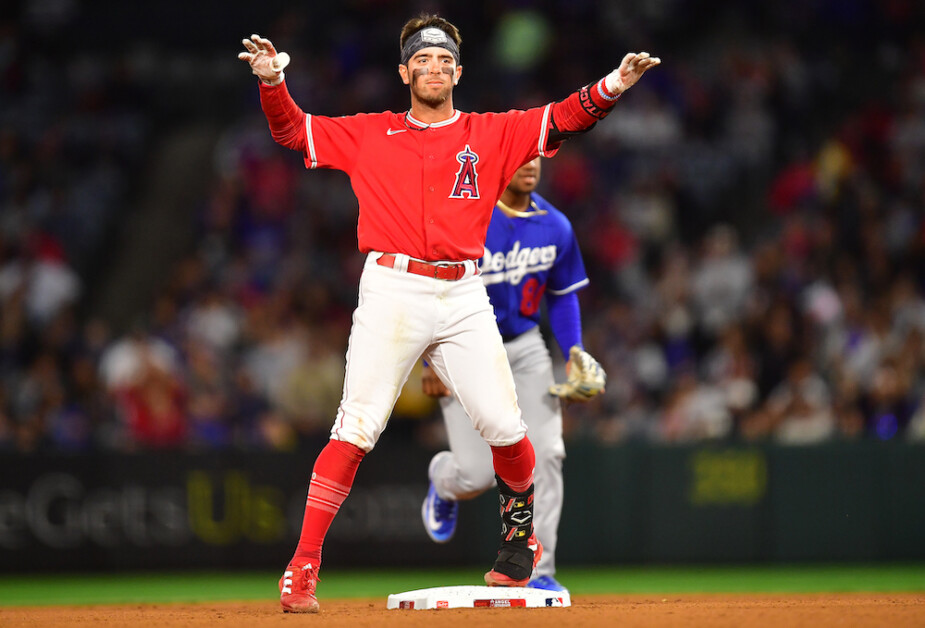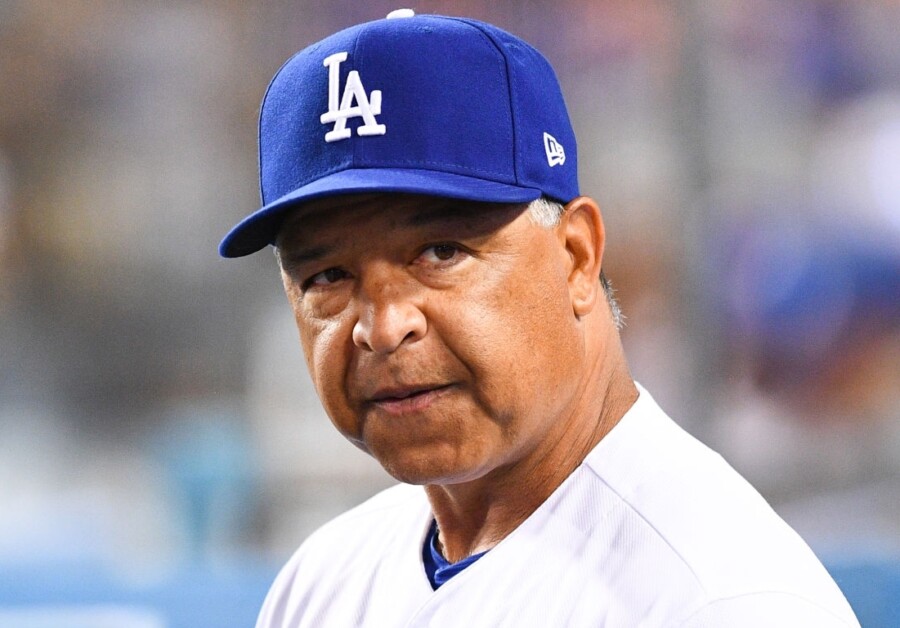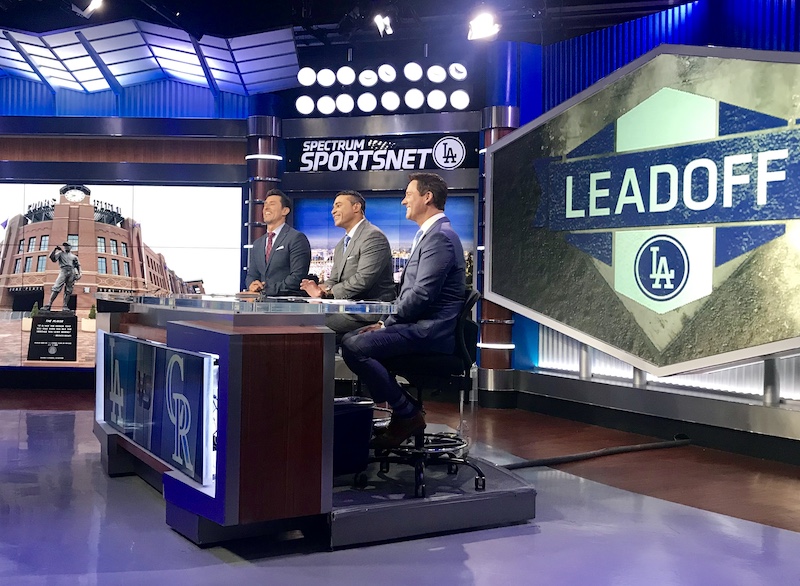The start of the offseason meant the Los Angeles Dodgers faced questions on the futures manager Dave Roberts as well as several players. Perhaps none being more pressing than Clayton Kershaw and the opt-out clause on his contract.
Kershaw initially believed he had up to 10 days after the World Series concluded to make a decision, but clarified after the Dodgers’ Game 5 loss that in actuality he faced a three-day window. Though, that was extended when the Dodgers and Kershaw mutually agreed to delay it to Friday.
“I think it’s something that with the quick turnaround from our last game to Wednesday, it just made sense for all sides to kind of push it out a little bit. Give us some more time,” Dodgers president of baseball operations Andrew Friedman said Thursday at an end-of-season press conference.
“I was going to say ongoing,” interjected Dodgers general manager Farhan Zaidi.”
“I was going to say ongoingly pleasant,” Friedman responded.
Kershaw has two years and $65 million remaining on a seven-year, $215 million contract extension he agreed to prior to the 2014 season. The opt-out clause was included as a means of allowing him to reach free agency as a 30-year-old.
Of course, at the time, the expectation was not that Kershaw would potentially reach the open market coming off injury-plagued seasons. Recurring back trouble has limited him during parts of the 2016, 2017 and 2018 seasons.
That led some to question whether Kershaw would go the safe route and decline to opt out. The mutual agreement to push back the deadline suggests he and the Dodgers could be working on a contract extension.
While Friedman and Zaidi were not inclined to offer details, the team clearly holds Kershaw in high regard. “Obviously, he’s made as much of an impact as you can on an organization in terms of the success that we’ve had,” Friedman said.
“Not just on the field but from a culture standpoint. In terms of bringing up the pitchers and emulating the work ethic, the drive. Beyond that, as we look out, we’ve got a couple of days and we’re going to continue to have those conversations.”







